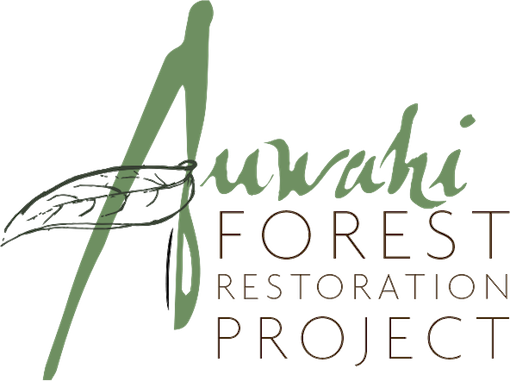A Jilli Rose film inspired by the Auwahi project, Maui, Hawai’i
The Auwahi project has been honored to collaborate with internationally recognized Australian
animation filmmaker Jilli Rose. In her unique and powerful way and with moving original score
by award-winning cellist Kristin Rule, Jilli recounts Hawai’i’s story of tragic loss of native forest
through an artist’s eye. Ola Ka Honua also tells the story of the rebirthing of native watershed
forest by a human community that cared and a landowner, `Ulupalakua Ranch, that took an
uncommon stand.
At one time, the Hawaiian Islands were covered with diverse, watershed forests
from mauka to makai, often almost falling into the sea, uninterrupted on all flanks. These forests
housed a kingdom of plants and birds found nowhere else on the planet. Separated away from
all other land sources, life evolved anew in primeval Hawai’i – almost as if earth’s DNA was
recreated again on another planet. With the arrival of greater numbers of people and invasive
species, Hawaiian forests faded and wavered at the edge of existence.
Though now stressed to their limits, Hawaiian watershed forests remain our sole source of
essential fresh water. In this, their economic value is nearly incalculable –- receiving, filtering,
and storing life-giving water resources. They also provide the last remaining habitats for
numerous species of native plants, birds, snails, and insects, and, in cultural terms, are wao
akua, ‘upland areas of the Gods’, fundamental in Hawaiian cosmology and ethnobotany.
As can be seen in Ola Ka Honua, the protection and restoration of Hawai’i’s watershed forests,
an enormous task, is most meaningful and most feasible when the human community can be
included. Such inclusion, of course, increases the size of the workforce, but, perhaps with
greater impact, also fosters a deeper understanding of relevant issues within the community as
well as more conscious acceptance of kuleana, a sense of responsibility for the lands we live in,
the freshwater we use, and the forests it comes from.

